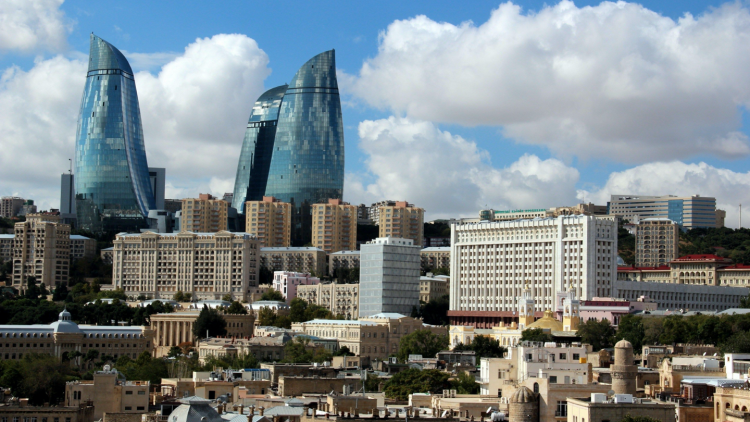Country context and important trends relevant to the civil society environment
Over the course of the period spanning from December 2022 to November 2023, Azerbaijan experienced a series of events exerting both favourable and adverse impacts on the nation's civil society organisation (CSO) ecosystem. On one hand, the NGO Support Agency organised grant competitions, implemented an annual ‘Development and Exchange Program for NGOs’ and discussed the strategic plans to develop the CSO environment. However, on the other hand, no substantial positive developments were achieved concerning the pre-existing problems in both law and practice relating to the CSO environment. Instead, several laws were adopted which mostly do not provide better opportunities for CSOs and can negatively affect them. Examples of such laws include the new Law ‘on the fight against the legalisation of property obtained through crime and the financing of terrorism’ which entered into force on 31 January 2023 and which raises concerns in relation to the risk-based approach and places unnecessary obligations on CSOs. Additionally, on 25 April 2023, the new version of Article 381 of the Code of Administrative Offences came into effect. The revised Article 381 expands the penalties for violation of the Code and imposes stricter and higher penalties on media outlets which, in turn, directly affects CSOs and civil society members conducting media activities. On 11 January 2023, the new Law on Political Parties entered into force and during the year some political parties dissolved themselves according to the requirements of the Law. There were concerns that the Government would refuse to register the major opposition political parties. However, in September 2023, three of the main opposition parties: Müsavat, Republican Alternative (ReAL) and the Azerbaijani Popular Front (AXCP) were officially registered as political parties with the Ministry of Justice (MoJ).
On the positive note, on 1 April 2023, amendments to the Tax Code entered into force. These include incentives for media outlets and exempts their media products and related services from VAT for a short period of time. In addition, on 28 August 2023, Azerbaijan adopted the State Programme for the Development of Social Services for the period 2023-2026 which stipulates cooperation with CSOs.
On 17 August 2023, the Steering Committee of the Open Government Partnership (OGP) unanimously agreed to permanently suspend and rescind Azerbaijan’s OGP membership which was regarded among CSOs as a negative development in terms of Azerbaijan’s international cooperation towards open government.
Alongside the above-mentioned regulatory changes, some recent events raised further concerns among civil society regarding the need to fix the existing problems relating to the exercise of freedom of peaceful assembly and freedom of expression. These events include the arrests of the popular critic of government officials Bakhtiyar Hajiyev, the economic scholar Gubad Ibadoglu, the protesters in Söyüdlü village in Gadabay district, and of public activists who have criticised the Government.
Key developments in the civil society environment :
In 2023, the overall score of the civil society environment in Azerbaijan decreased from 4.1 in 2022 to 4.0. This was a result of the decrease in the average scores for both Law and Practice. CSOs continue to operate with limited access to funding, especially foreign funding. Legal restrictions regarding the registration of grants, service contracts and donations still exist alongside problems related to the registration of CSOs. In general, CSOs do not have significant influence in decision-making processes initiated by government agencies. Events in the social and political life of the country also show that there are still problems with the exercise of freedom of assembly and freedom of expression. The Government is sceptical of foreign funding, believing that CSOs should serve the interests of the state and seeing foreign funding as a threat to national security and the national interest. The Government seeks to keep CSOs under its control to a large extent.
As a result, the scores for the areas Freedom of Expression, Freedom of Peaceful Assembly, and State Duty to Protect have decreased versus 2022, while the scores in other areas remain unchanged.

